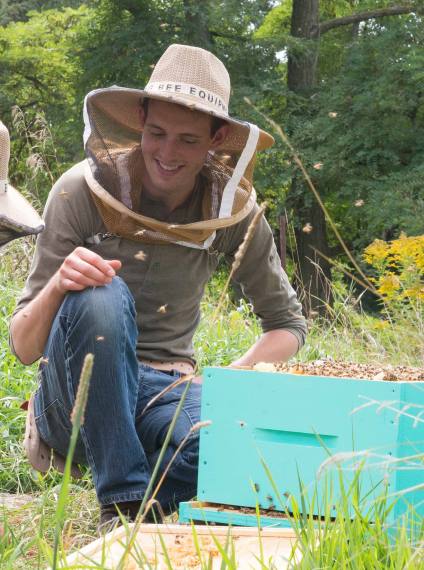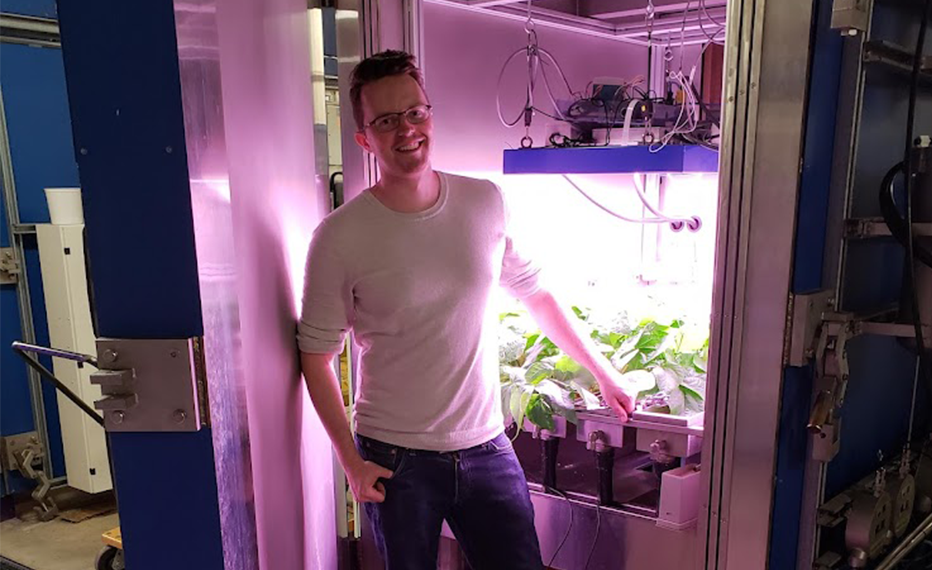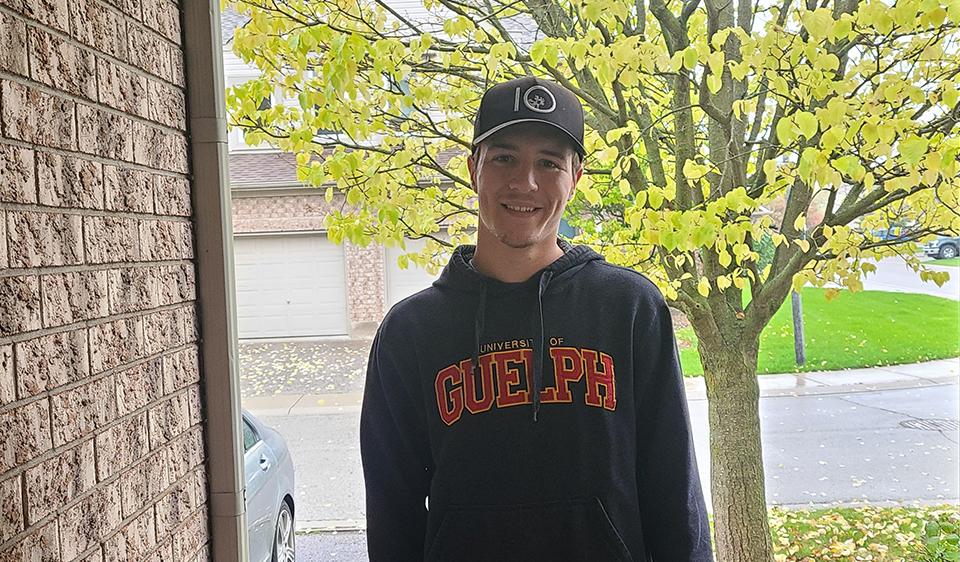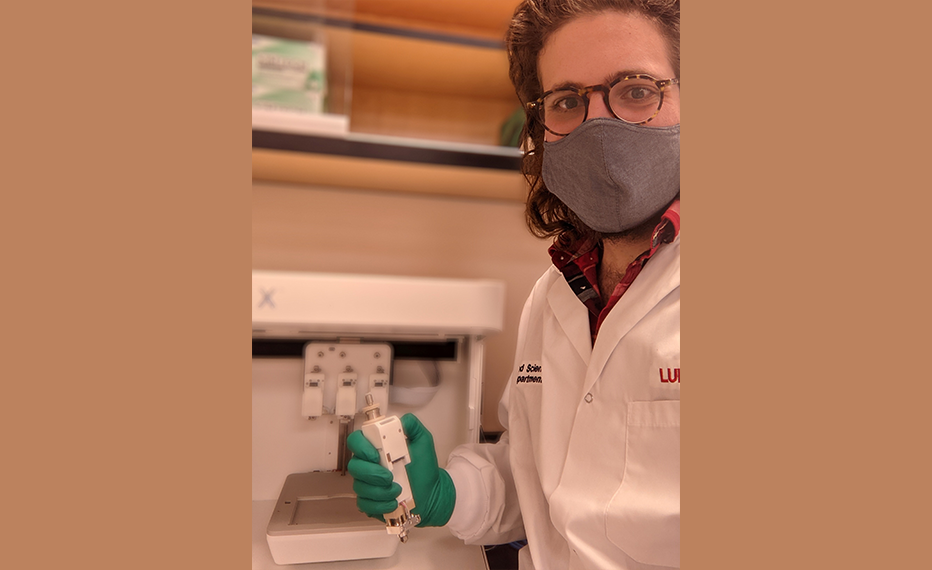
Q&A with a honeybee research technician
Dan Borges' passion for insects and entomology started at a young age. He continues to make a positive impact on the lives of beekeepers, farmers, and other industry partners working with the Ontario Beekeepers' Association (OBA). We recently chatted with him to learn more about his role and experience at the University of Guelph.


